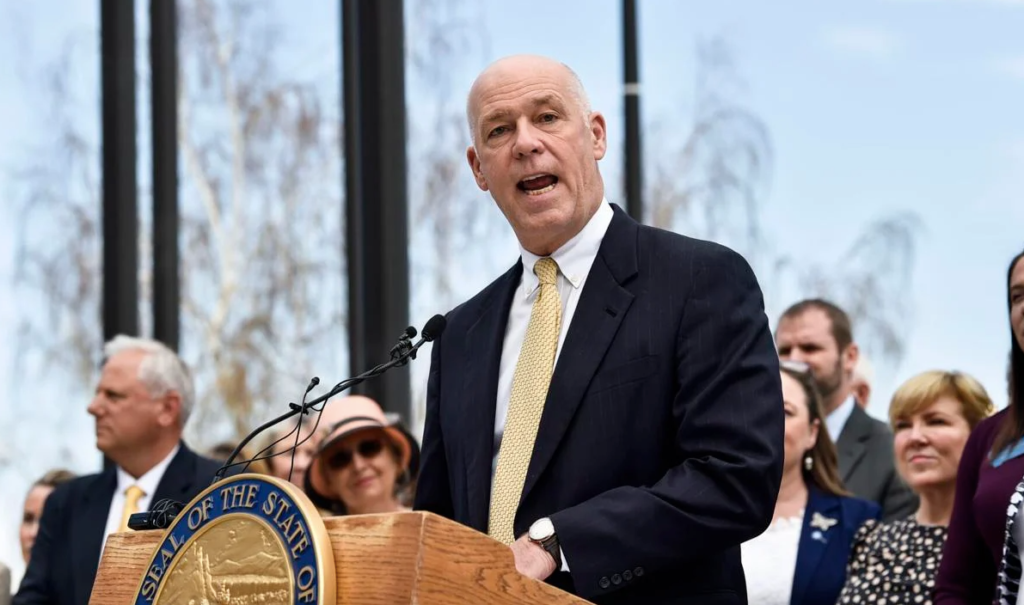|
Getting your Trinity Audio player ready...
|
In a recent legal battle, a US judge has intervened to block Montana’s ban on TikTok, deeming it a violation of free speech rights. Montana passed the ban in May, becoming the first US state to do so, with an effective date set for January 1. However, TikTok, owned by China’s ByteDance, swiftly responded with a lawsuit against the state, leading to the recent ruling by US District Judge Donald Molloy.
Judge Molloy sided with TikTok, asserting that the ban “violates the Constitution in more ways than one” and goes beyond the state’s legal authority. The law aimed to make it illegal for app stores to offer TikTok, imposing penalties of up to $10,000 (£7,097) on non-compliant firms.
TikTok expressed satisfaction with the court’s decision, referring to the struck-down legislation as an “unconstitutional law.” The company highlighted that this ruling allows “hundreds of thousands of Montanans [to] continue to express themselves, earn a living, and find community on TikTok.”
Montana’s state attorney’s office is contemplating its next steps, stating its commitment to defending the law designed to protect Montanans from potential data misuse by the Chinese Communist Party.
Montana had already taken a step against TikTok last December, banning the app from government devices. The recent legal clash sheds light on the ongoing global scrutiny of TikTok and its parent company, ByteDance. With 150 million American users, predominantly in their teens and 20s, TikTok has faced concerns from authorities worldwide regarding the potential transfer of user data to the Chinese government.
In March, a congressional committee questioned TikTok’s CEO, Shou Zi Chew, about the possibility of data transfer to China. While Chew emphasized TikTok’s commitment to not spying on Americans, he admitted that employees had monitored the accounts of journalists.
The legal challenges come amid increased pressure on ByteDance from the US government, which suggested in March that the company should sell TikTok or face a potential ban in the country. This echoes similar actions taken by other nations, with Nepal recently joining India in banning TikTok, citing content concerns that were deemed detrimental to social harmony.
Despite persistent concerns and bans, ByteDance has consistently denied allegations of being controlled by the Chinese government. The battle between TikTok and regulators worldwide underscores the challenges faced by technology platforms operating on a global scale in an era of heightened privacy and security concerns.



